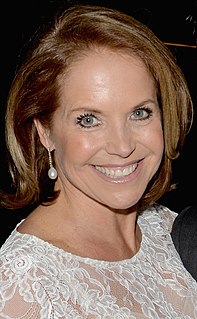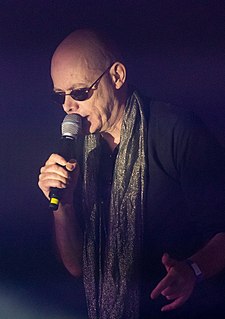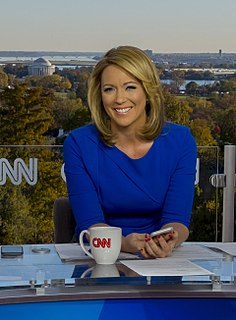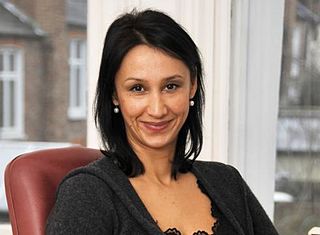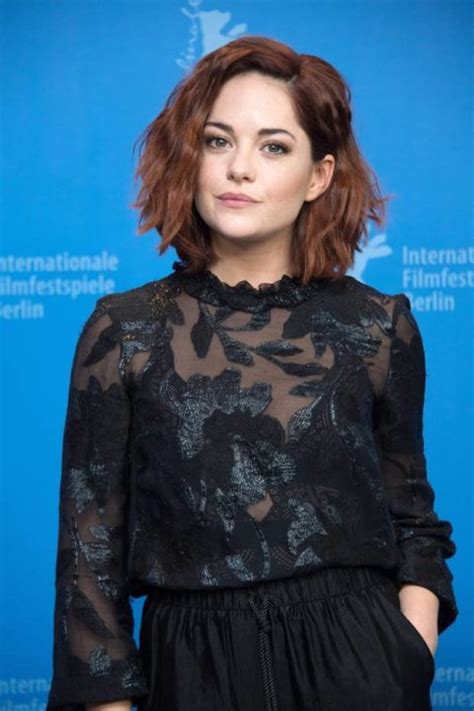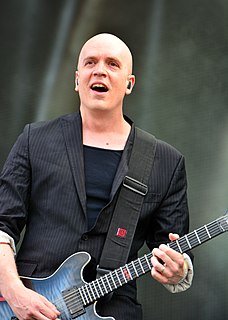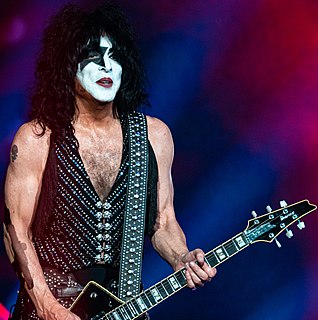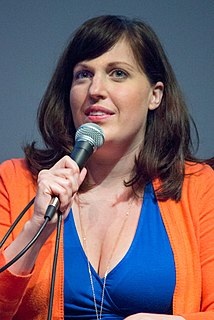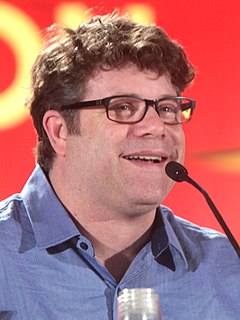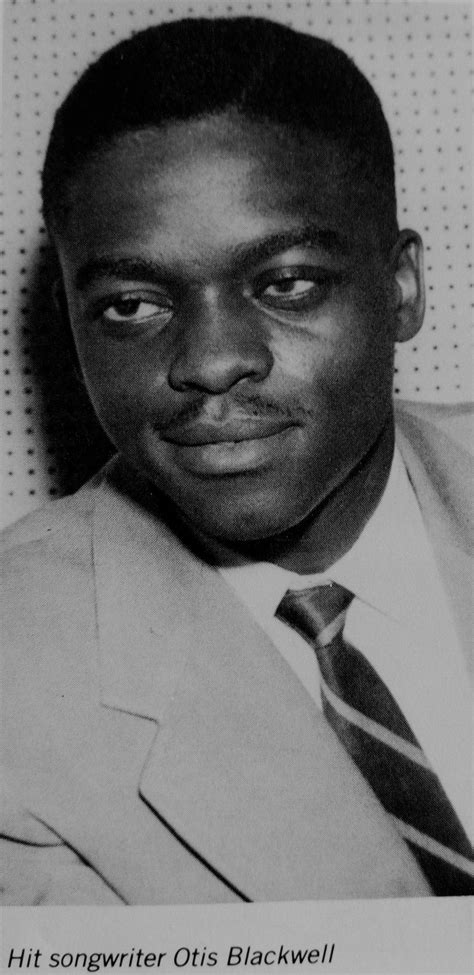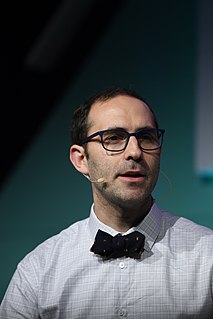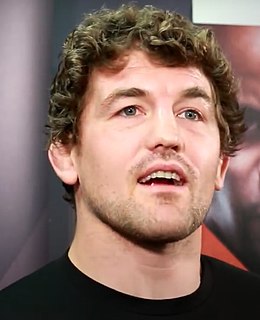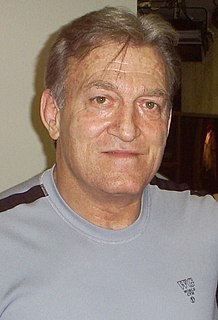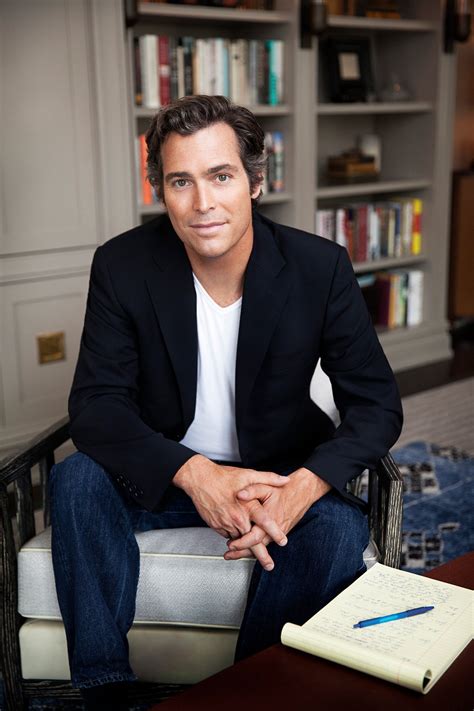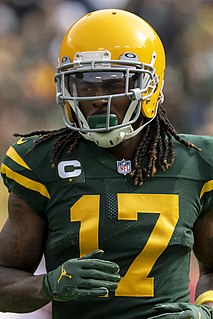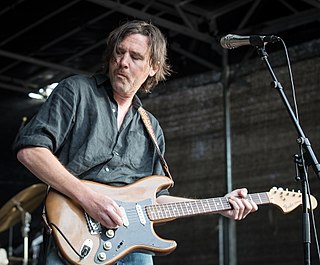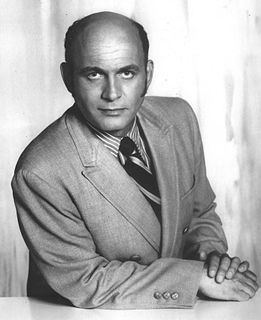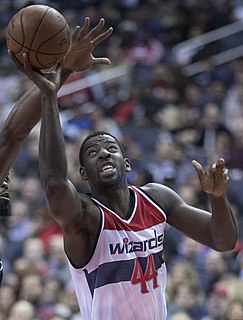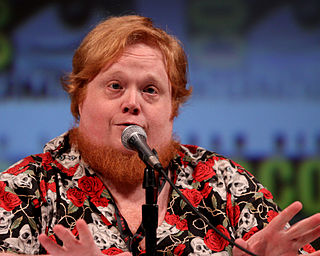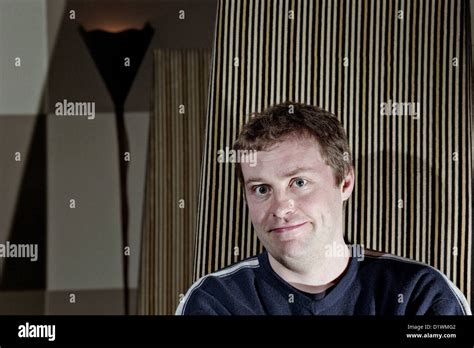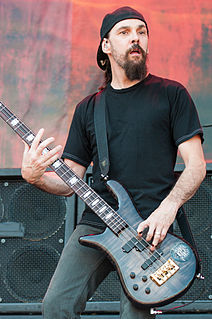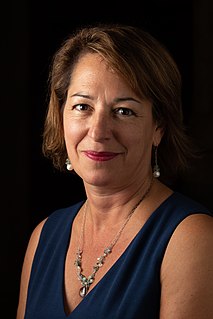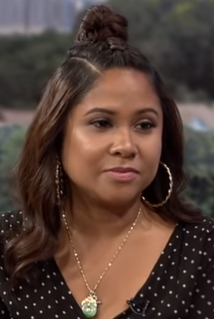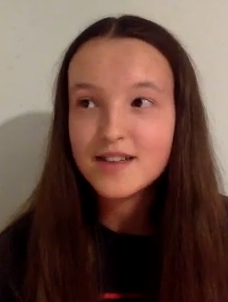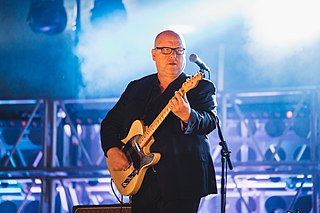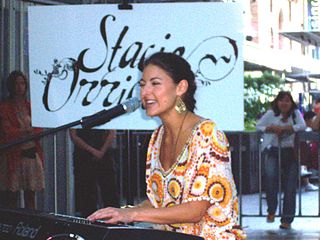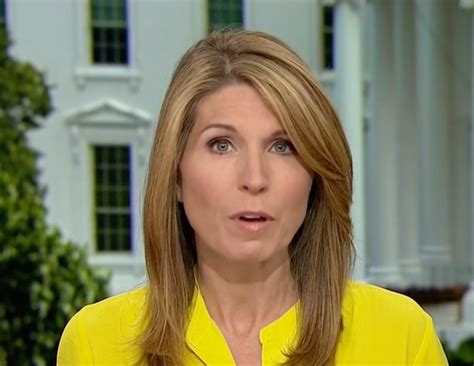Top 1200 Interviews Quotes & Sayings - Page 16
Explore popular Interviews quotes.
Last updated on December 22, 2024.
The increasing legal pressure against archives has created anxieties among researchers, librarians, and journalists. They cite the need to protect sources who wish to make a record for posterity; procuring documents and interviews from those sources will be difficult if the fruits are only one subpoena away from disclosure.
In interviews, I never wanted to play into the myth of, 'Yeah, I was sitting there doing nothing, and then made 'Slacker.'' No. I'd been making shorts, a Super-8 feature, and running a film society. I always try to stress to people that there's a lot of work involved and years of preparation. But no one wants to hear that part.
The one thing I cannot stand is when I do interviews, when I interview people, and I listen to the tapes and I hear myself talking and sort of stumble and stammer, or I hear the horrible sound of my own voice, or God forbid I see myself on video, there is that complete revulsion with seeing how I occur in the world.
I went to art school, wanting to be a painter and then I got into photography. Then it was movies, and I liked the images. One of the things that interested me in film was that I was communicating in images. That was something I did intuitively and could not even talk about until I started having to do interviews.
I will say, this is something, this praying for people to die thing, that's something that I came to believe was unscriptural. And for years, I made these arguments to my family, in writing, privately in letters that didn't get responses and in interviews. And for a while, they just doubled down. Eventually, they came to stop doing it.
I want you to understand, when I do these interviews, I say a lot of goofy things because that's what people expect me to say. But I never said ever that I was trying to prove the flat Earth with this rocket. It's to raise awareness, to inspire people, to dream - which is what we used to do in this country.
I approach my interviews with the mindset of, exactly what are we selling? How can I sell it the hardest and the most effectively in the fewest words possible? And how can I make each word that I say mean as much as it possibly can? And I bring that perspective to the table because I used to focus a lot on the character that I had to play.
I get nervous when I do print interviews because I know that whatever I say is going to be shown through the lens of whomever I'm talking to. So I've read a lot of different versions of myself - and all of them are true because it's all opinion and they're as accurate as it can ever be. But I don't think that I've been deft at hiding parts of my personality.
People aren't coming out in postgame interviews saying, 'I'm the greatest.' That's not what it's about. It's about I know what I'm about, I know what I do, and I know I truly feel like nobody can cover me. So, when I get my one-on-one opportunities, I try to show that I can't be guarded. That's just a mentality and a mind-set.
Spreading the word on a zero budget is difficult. You find yourself spending all night on Twitter following people; using Facebook to leave messages on various club walls; commenting on YouTube clips and blog posts; giving interviews online and taking photos of bottles to send to websites in the hope that they feature you.
I was extremely lucky to get this project [Brief Interviews with Hideous Men]. It was one of those things that I worked on in college. A friend of mine asked me to do a stage reading of that book and I was just completely blown away because, at that point, I was like, 'Acting's having fun with your friends and making people laugh.'
I've been surprised at how much an unknown like myself can accomplish just by reaching out to people and pleading my case. Quotes for the book cover, reviews and interviews, readings and radio appearances - all this by simply moving ahead and making contact with folks I thought might enjoy the writing.
But new details drawn from government documents and interviews show that senior White House aides were given information at the time suggesting that a prostitute was an overnight guest in the hotel room of a presidential advance-team member - yet that information was never thoroughly investigated or publicly acknowledged.
Producing a photographic document involves preparation in excess. There is first the examination of the idea of the project. Then the visits to the scene, the casual conversations, and more formal interviews - talking, and listening, and looking, looking. ... And finally, the pictures themselves, each one planned, talked, taken and examined in terms of the whole.
The Holocaust survivor who knows Auschwitz through the experience of suffering observes it all from the perspective assigned to him. He keeps silent or gives interviews to the Spielberg Foundation, he accepts the compensation payments promised him after a fifty-year delay, or, if he is prominent, he makes a speech in the Swedish Academy.


